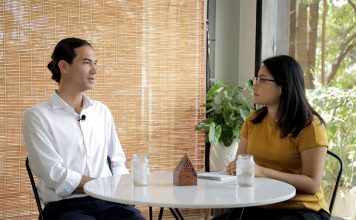After four years of research, Cambodian scientists have created the country’s first variety of hybrid corn, with hopes running high it will boost food security and help reduce the country’s reliance on agricultural imports.

The development of the new corn seed, which has been dubbed ‘BNT-5666’, is an initiative of the General Directorate of Agriculture in cooperation with the Korea Programme on International Agriculture (Kopia).
The project, which began in 2014, has produced a type of maize that developers claim is cheaper and has higher yields than imported varieties.
Nouv Thong, researcher at the General Directorate of Agriculture, said BNT-5666’s yields are 3.4 percent higher than Thailand’s Pacific-999 and 62 percent higher than Vietnam’s LVN-10, both commonly imported varieties.
“Normally, a kilogram of corn seeds would cost farmers about $5, which would yield between five to six tonnes per hectare. With our new hybrid corn variety, however, farmers will just pay $3 per kilogram, and yields will be between eight to nine kilograms per hectare.”
He added that it exhibits a resistance to downy mildew, a disease that affects the yield and quality of edible crops.
Mr Thong explained that the General Directorate of Agriculture is now carrying field demonstrations on the new seed for the benefit of farmers in Kandal, Battambang, Kampong Cham and Tboung Khmum.
“With this new variety, farmers could save up to $60 per hectare,” he said.
According to Mr Thong, Cambodia now imports 100 different types of corn seeds, mostly from Vietnam and Thailand. He explained that the development of BNT-5666 can help reduce the country’s reliance on agricultural imports, and boost food security.
“We do not know how much we will be able to reduce corn imports, but we do know that demand for our seed is already strong and continues to increase. Local firms already know that it has high yields and is resistant to diseases.”
Prak Cheattho, deputy director at the General Directorate of Agriculture, told Khmer Times the seed must be registered with the Ministry of Agriculture before it can be distributed to farmers.
“We expect that the new seed will be available to farmers starting next year,” he said.
“We need more funds to continue testing the seeds. We are looking for $3 million more to build a factory, and other infrastructure, like packaging facilities,” he added.








